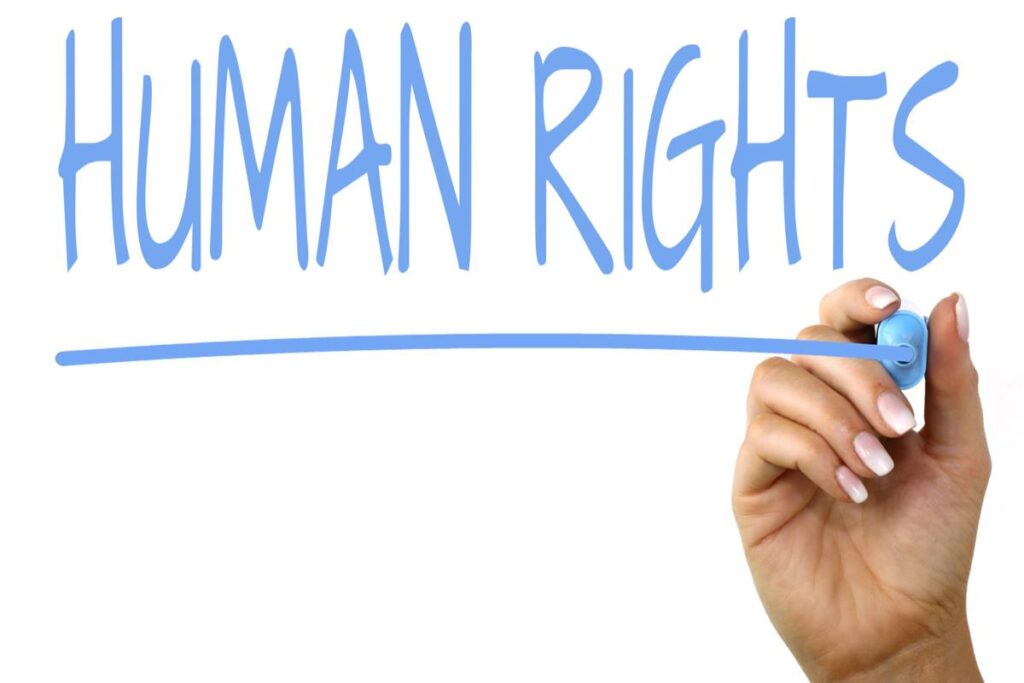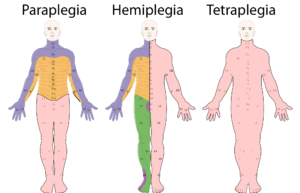Rights of Citizens: Navigating the Landscape of Freedom – In a world that values democracy and individual freedoms, understanding the rights of citizens is paramount. These rights, often enshrined in constitutions and international agreements, form the foundation of a just and equitable society. Let’s delve into the intricacies of citizens’ rights, exploring their historical evolution, types, legal foundations, and contemporary challenges.
Rights of Citizens: Navigating the Landscape of Freedom

I. Introduction
A. Definition of Citizens’ Rights
Citizens’ rights refer to the fundamental liberties and protections afforded to individuals within a particular political and social framework. These rights are the pillars of a democratic society, ensuring that citizens can live with dignity, freedom, and equality.
B. Importance of Understanding Rights
Why is it crucial for individuals to comprehend their rights? The answer lies in empowerment. When citizens are aware of their rights, they can actively participate in civic life, hold authorities accountable, and contribute to the flourishing of a just society.
II. Historical Evolution
A. Origin of Citizens’ Rights
The concept of citizens’ rights has roots deep in history. From ancient civilizations to the Magna Carta, humanity has witnessed the gradual acknowledgment and establishment of individual rights.
B. Milestones in the Development of Rights
Key historical events, such as the American and French revolutions, marked pivotal moments in the crystallization of citizens’ rights. These milestones laid the groundwork for modern democratic principles.
III. Types of Citizens’ Rights
A. Civil Rights
Civil rights encompass basic freedoms, including freedom of speech, religion, and the right to a fair trial. These rights protect individuals from discrimination and ensure equal treatment under the law.
B. Political Rights
Political rights grant citizens the power to participate in the political process, such as voting and running for office. They are essential for the functioning of a democratic society.
C. Social Rights
Social rights focus on ensuring citizens’ well-being, covering areas like healthcare, education, and social security. These rights aim to create a more equitable society.
D. Economic Rights
Economic rights guarantee individuals the opportunity to work, own property, and enjoy the benefits of economic progress. They contribute to fostering economic justice and reducing disparities.
IV. Key Legal Documents
A. Constitution as the Foundation
In many countries, the constitution serves as the bedrock of citizens’ rights. It outlines the fundamental principles and establishes the framework for the legal protection of these rights.
B. International Declarations and Treaties
Beyond national borders, international agreements such as the Universal Declaration of Human Rights play a crucial role in shaping a global standard for citizens’ rights.
V. The Role of Government
A. Ensuring and Protecting Rights
Governments play a vital role in upholding citizens’ rights. They are tasked with creating and maintaining an environment where individuals can exercise their rights without fear or hindrance.
B. Balancing Rights and Responsibilities
However, the exercise of rights comes with responsibilities. Governments must strike a delicate balance between individual freedoms and societal well-being to foster a harmonious coexistence.
VI. Challenges to Citizens’ Rights
A. Emerging Issues
In the modern era, citizens’ rights face new challenges, especially in the digital realm. Issues like online privacy, data security, and the impact of emerging technologies require careful consideration.
B. Balancing Individual and Collective Rights
As societies evolve, questions arise about the balance between individual rights and the greater good. Striking the right equilibrium is an ongoing challenge that requires thoughtful dialogue and legal frameworks.
VII. Advocacy and Activism
A. The Power of Citizen Movements
Throughout history, citizen movements have been catalysts for positive change. From the civil rights movement to contemporary advocacy efforts, citizens have shown that collective action can shape policies and institutions.
B. Influential Historical Movements
Examining movements like women’s suffrage, the civil rights struggle, and anti-apartheid campaigns provides insight into the transformative power of citizens united in pursuit of justice.
VIII. Current Debates
A. Privacy Rights in the Digital Age
In an era of increasing digital interconnectedness, the debate around privacy rights intensifies. Balancing the benefits of technology with the need to protect individuals’ privacy is a pressing concern.
B. Equality and Diversity
Societal debates on equality and diversity highlight the ongoing struggle to ensure that citizens of all backgrounds enjoy equal rights and opportunities.
IX. Global Perspectives
A. Varied Approaches to Citizens’ Rights
Different countries approach citizens’ rights in unique ways, reflecting their cultural, historical, and political contexts. Understanding these variations enriches the global discourse on human rights.
B. Cross-Cultural Considerations
Navigating the cultural nuances of citizens’ rights is essential for fostering mutual respect and cooperation on the international stage. Recognition of diverse perspectives strengthens the universality of these rights.
X. Education on Citizens’ Rights
A. The Importance of Civic Education
Educating citizens about their rights is a cornerstone of a thriving democracy. Civic education empowers individuals to actively participate in society and safeguards against the erosion of democratic principles.
B. Integrating Rights Education in Schools
Starting rights education early in schools ensures that future generations grasp the significance of their rights and responsibilities as engaged members of society.
XI. Future Outlook
A. Anticipated Changes in Rights
As societies evolve, citizens’ rights may undergo changes to address emerging challenges. Anticipating these shifts allows for proactive adjustments to legal frameworks.
B. The Role of Technology in Shaping Rights
Technological advancements will continue to influence citizens’ rights. From the ethical use of artificial intelligence to ensuring digital inclusivity, technology’s role in shaping rights is a dynamic aspect to watch.
XII. Conclusion
A. Recap of Key Points
In conclusion, understanding citizens’ rights is fundamental for fostering a just and equitable society. From historical evolution to current debates, the landscape of rights is intricate but vital for the well-being of individuals and societies.
B. Encouraging Active Citizenship
Empowered with knowledge, citizens are better equipped to actively engage in civic life, advocate for their rights, and contribute to the continuous evolution of democratic principles.
FAQs
- What are the most fundamental citizens’ rights?
- Fundamental citizens’ rights include civil rights, political rights, social rights, and economic rights. These encompass basic freedoms, political participation, well-being, and economic opportunities.
- How can citizens contribute to the protection of their rights?
- Citizens can contribute by staying informed, participating in civic activities, supporting advocacy movements, and holding authorities accountable through legal means.
- What challenges do citizens’ rights face in the digital age?
- Challenges in the digital age include issues of online privacy, data security, and the ethical use of technology. Striking a balance between technological advancements and individual rights is crucial.
- Why is civic education important for citizens?
- Civic education is essential as it empowers individuals to understand their rights, participate in democracy, and contribute to the betterment of society through informed decision-making.
- How can global perspectives enrich the discourse on citizens’ rights?
- Global perspectives offer diverse insights into citizens’ rights, reflecting cultural, historical, and political contexts. Recognizing these variations strengthens the universal understanding of human rights.




